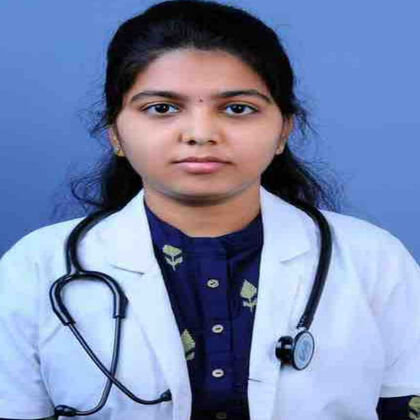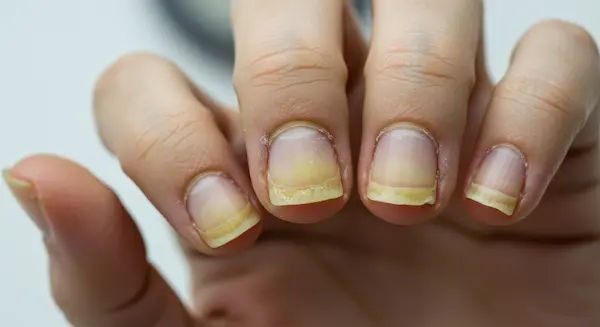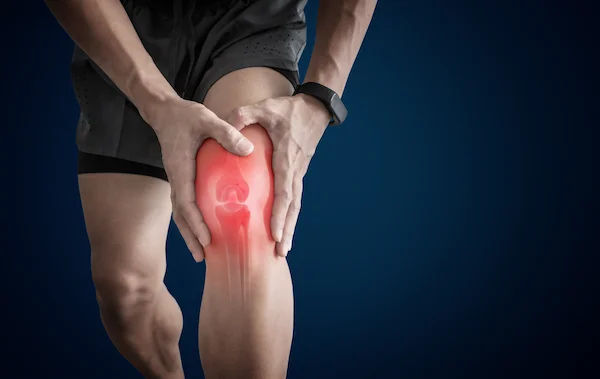16:8 Fasting Results for Weight Loss in One Week
know what, how and which type of results can be expected from the 16:8 results. Learn about the tips for successful fasting.

Written by Dr. J T Hema Pratima
Reviewed by Dr. Mohammed Kamran MBBS, FIDM
Last updated on 5th Nov, 2025

Introduction
If you're looking for a simple and effective way to lose weight, 16:8 fasting might be the answer. This method has gained popularity because it’s easy to follow and can show noticeable results in just one week. But how does it work? What can you expect? And is it safe? Let’s break it down in simple terms.
What is 16:8 Fasting?
The 16:8 fasting method involves eating all your meals within an 8-hour window and fasting for the remaining 16 hours of the day. For example:
Eating window: 12 PM to 8 PM
Fasting window: 8 PM to 12 PM (next day)
During the fasting period, you can drink water, herbal tea, or black coffee (without sugar or milk).
How Does 16:8 Fasting Help with Weight Loss?
1. Burns Fat for Energy – When you fast, your body uses stored fat for fuel instead of glucose from food.
2. Reduces Calorie Intake – A shorter eating window naturally leads to fewer calories consumed.
3. Improves Insulin Sensitivity – Fasting helps regulate blood sugar, reducing fat storage.
4. Boosts Metabolism – Some studies suggest fasting may increase fat-burning hormones.
Consult a Top general practitioner for the best advice
What Results Can You Expect in One Week?
While individual results vary, many people notice:
1-3 kg (2-6 lbs) weight loss
Reduced bloating due to better digestion.
Increased energy levels after initial adjustment.
Better appetite control with fewer cravings.
However, the first few days may feel challenging as your body adjusts.
Tips for Success with 16:8 Fasting
Stay Hydrated – Drink plenty of water, herbal teas, or black coffee.
Eat Nutrient-Dense Foods – Focus on proteins, healthy fats, and fibre (e.g., eggs, nuts, vegetables).
Avoid Sugary & Processed Foods – They can spike hunger and cravings.
Start Gradually – If 16 hours feels tough, begin with 12-14 hours and increase slowly.
Listen to Your Body – If you feel dizzy or weak, break the fast with a light meal.
Who Should Avoid 16:8 Fasting?
While safe for most, fasting may not be suitable for:
Pregnant or breastfeeding women
People with diabetes (consult a doctor first)
Those with a history of eating disorders
Individuals with low blood pressure or nutrient deficiencies
When to See a Doctor?
If you experience:
Extreme fatigue
Dizziness or fainting
Severe headaches
Irregular heartbeat
It’s best to consult a doctor before continuing.
Final Thoughts
16:8 fasting is a simple and effective way to kickstart weight loss in just one week. Combined with healthy eating and hydration, it can help you shed extra pounds while improving energy levels.
Consult a Top general practitioner for the best advice
Consult a Top general practitioner for the best advice

Dr. Mainak Baksi
General Practitioner
13 Years • MBBS , MD (MPH)
Howrah
Mainak Baksi Clinic, Howrah
(50+ Patients)

Dr Suseela
General Physician
5 Years • MBBS
Bengaluru
Apollo Medical Center, Marathahalli, Bengaluru

Dr. Rajib Ghose
General Physician/ Internal Medicine Specialist
25 Years • MBBS
East Midnapore
VIVEKANANDA SEBA SADAN, East Midnapore

Dr. Jacqueline M. Kuruvilla
General Practitioner
8 Years • MBBS
Bengaluru
Apollo Clinic, Sarjapur Road, Bengaluru

Dr. Likhitha Madanapalli
General Practitioner
8 Years • MBBS
Krishna
Dr PSIMS MEDICAL COLLEGE AND HOSPITAL, Krishna
Consult a Top general practitioner for the best advice

Dr. Mainak Baksi
General Practitioner
13 Years • MBBS , MD (MPH)
Howrah
Mainak Baksi Clinic, Howrah
(50+ Patients)

Dr Suseela
General Physician
5 Years • MBBS
Bengaluru
Apollo Medical Center, Marathahalli, Bengaluru

Dr. Rajib Ghose
General Physician/ Internal Medicine Specialist
25 Years • MBBS
East Midnapore
VIVEKANANDA SEBA SADAN, East Midnapore

Dr. Jacqueline M. Kuruvilla
General Practitioner
8 Years • MBBS
Bengaluru
Apollo Clinic, Sarjapur Road, Bengaluru

Dr. Likhitha Madanapalli
General Practitioner
8 Years • MBBS
Krishna
Dr PSIMS MEDICAL COLLEGE AND HOSPITAL, Krishna




